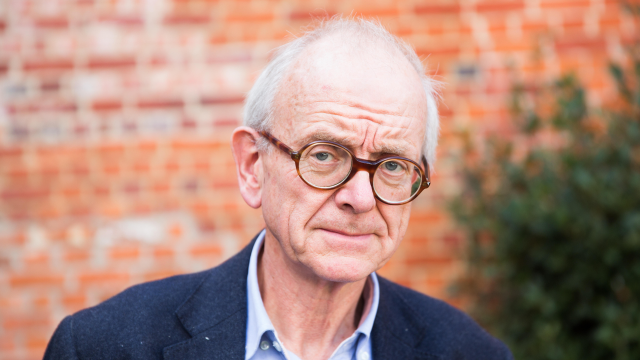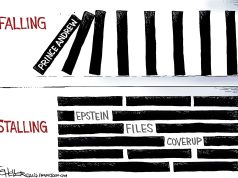
“If I needed brain surgery, I think I would want Henry Marsh to come out of retirement to do it,” said Carol Midgley in The Times. “What an empath, and what a glorious piece of television.”
The neurosurgeon at the centre of Harriet Bird and Charlie Russell’s documentary spent decades at the top of his profession, pioneering “awake craniotomy”. But Marsh is haunted by what he calls an “inner cemetery, a place full of bitterness and regret” – and can’t let go of “the patients he feels he failed and which haunt him to this day”.
His own prostate cancer diagnosis has heightened his “painful introspection” and, over the course of the hour-long documentary, he reflects with “raw honesty” on all aspects of his life – both professional and personal.
“Medically astounding and emotionally piercing”, the film “is a deep meditation of what it means to have lived”, said Jack Seale in The Guardian. It’s an “exquisite” documentary that weaves together home movie footage and interviews with “important people from his past”.
In a “stunningly frank exchange”, he meets Tina, a woman who has spent the past three decades hating him since her four-year-old son Max died of a brain tumour that Marsh misdiagnosed. But when the “brusque scientist” recognises her and recounts every detail of her son’s case, Tina “lets go and forgives”, and the pair clasp hands.
Medical documentaries are everywhere these days but “Confessions of a Brain Surgeon” is “discomfiting” and “utterly gripping”, said Nick Duerden in The i Paper. Marsh is an “intriguing character” and the film is peppered with some “terrific interviewees”, including his long-suffering first wife Hilary, who confirms that “yes, he was ‘arrogant’ and ‘absent'”.
A film so scathingly critical would usually be unauthorised, so Marsh’s willing participation is “almost masochistic”. He has had so many brilliant career successes but the 75-year-old can only focus on “what went wrong, and how he is to blame”. His quest for redemption is “almost biblical”.
“Enlightenment, humility, forgiveness,” said Midgley in The Times. It’s an “exceptionally affecting” programme.
Retired neurosurgeon Henry Marsh reflects on his pioneering work with exquisitely ‘raw honesty’




